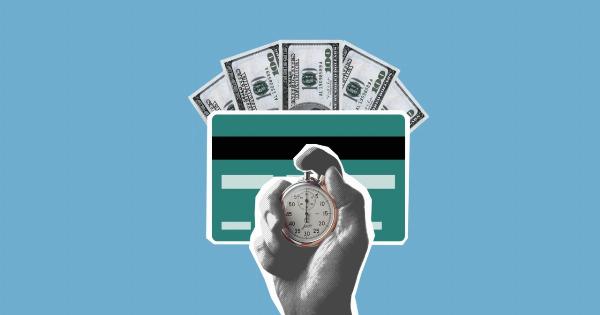The global crisis we are currently facing has placed many families in a difficult financial situation.
With job losses, reduced income, and uncertainties about the future, it is essential to adopt strategies and make smart financial choices to ensure your family’s survival during these challenging times. Here are ten crucial tips to help families navigate the crisis:.
1. Create a Budget and Stick to It
Developing a budget is crucial to understand your present financial situation. List all your sources of income and categorize your expenses. Identify areas where you can cut back without compromising essential needs.
Tracking your spending and adhering to the budget will allow you to control your finances better and save where possible.
2. Prioritize Essential Expenses
During a crisis, it is crucial to prioritize essential expenses like food, housing, utilities, and healthcare. Focus on these necessities and allocate your budget accordingly.
Cut back on non-essential expenses and discretionary spending, such as dining out or entertainment, to ensure you have enough for the essentials.
3. Explore Government Assistance
Research and take advantage of government programs, assistance, and benefits that can help families facing financial hardship during a crisis. These can include unemployment benefits, stimulus payments, rent relief programs, and healthcare assistance.
Stay informed about the options available to you and make sure to apply for any assistance you qualify for.
4. Communicate with Creditors and Service Providers
If you’re struggling to make payments on loans, mortgages, or utility bills, reach out to your creditors and service providers.
Many financial institutions and companies are offering relief programs and flexible payment options for those affected by the crisis. Discuss your situation with them and try to negotiate lower payments or deferred due dates to ease your financial burden.
5. Reduce Your Debt
During challenging times, it becomes even more important to reduce debt and avoid accumulating more. Interest charges and late fees can significantly impact your finances.
Try paying off high-interest debt first, such as credit cards, and focus on making timely payments. Consider consolidating your debts or exploring balance transfer options to lower interest rates.
6. Find Additional Sources of Income
Given the uncertain job market, it may be necessary to explore additional sources of income to supplement your existing earnings. Look for part-time jobs, freelancing opportunities, or online gigs that align with your skills and schedule.
Turning a hobby into a small business or offering services in your community can also generate extra income.
7. Save Wherever Possible
Saving money is essential during a crisis. Look for ways to save on everyday expenses like groceries, utilities, and transportation. Clip coupons, compare prices, buy in bulk, and consider energy-efficient options to cut costs.
Cancel unnecessary subscriptions or memberships that you can do without temporarily. Each small saving adds up and strengthens your financial position.
8. Build an Emergency Fund
While it may be challenging to save during a crisis, it is crucial to start building an emergency fund as soon as possible. Set aside a percentage of your income each month, no matter how small.
Eventually, this fund will provide a safety net during unexpected emergencies and help avoid accumulating high-interest debt.
9. Seek Free or Low-Cost Resources
Explore free or low-cost resources available to support your family. Look for community programs, food banks, and local organizations offering assistance. Utilize public libraries for books, educational resources, and entertainment options.
Choose free or low-cost activities for leisure and recreation, such as nature walks or family game nights at home.
10. Prioritize Financial Education
A crisis can be an opportunity to develop sound financial habits and improve your financial literacy. Invest time in educating yourself about personal finance, budgeting, investments, and debt management.
There are numerous online resources, books, and webinars available for free that can help you make informed financial decisions for your family’s long-term security.


























